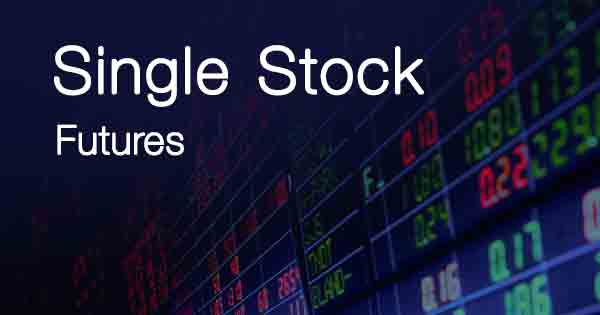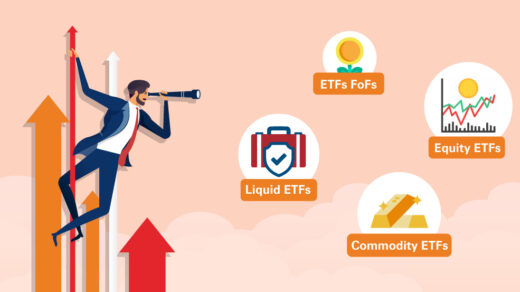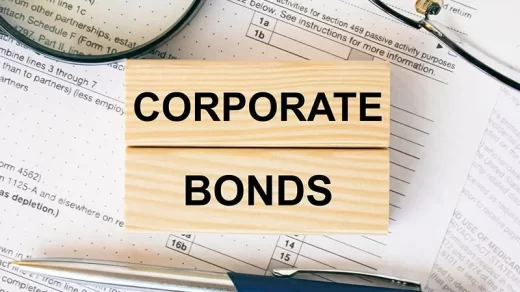Single Stock Futures (SSF) represent a specialized category of financial derivatives that center around the future value of an individual stock. As a subset of futures contracts, Single Stock Futures allow investors to speculate on or hedge against the future price movements of a specific stock without directly owning it.
In this comprehensive guide, we’ll explore the key aspects of Single Stock Futures, including their mechanics, applications, and the associated risks and rewards.
Understanding Single Stock Futures:
Single Stock Futures are standardized financial contracts that obligate the buyer to purchase or the seller to sell a specific quantity of a particular stock at a predetermined price on a future date. Unlike options, which provide the option but not the obligation to buy or sell, Single Stock Futures involve a binding agreement to execute the trade at the specified terms.
How Single Stock Futures Work:
- Contract Specifications:
- Each Single Stock Futures contract has specific details, including the stock it represents, the contract size, expiration date, and the agreed-upon price (futures price).
- Buyers and Sellers:
- Buyers (long position) of Single Stock Futures anticipate a rise in the stock’s price, aiming to profit from the increase. Sellers (short position) expect the stock to fall, providing an opportunity to profit from the decline.
- Contract Settlement:
- Most Single Stock Futures contracts are cash-settled, meaning the difference between the futures price and the actual stock price at expiration is settled in cash.
Uses of Single Stock Futures:
- Speculation:
- Traders use Single Stock Futures to speculate on the future price movements of individual stocks, leveraging the potential for profit.
- Hedging:
- Investors and institutions use Single Stock Futures to hedge against adverse movements in the price of specific stocks, providing a risk management tool.
- Arbitrage:
- Traders may engage in arbitrage by exploiting price differentials between the Single Stock Futures market and the spot stock market.
Benefits of Single Stock Futures:
- Leverage:
- Single Stock Futures allow traders to control a large position with a relatively small amount of capital, providing leverage.
- Diversification:
- Investors can gain exposure to specific stocks without directly owning them, allowing for greater diversification within a portfolio.
- Risk Management:
- Single Stock Futures serve as effective tools for managing risks associated with individual stock holdings, particularly in volatile markets.
Risks Associated with Single Stock Futures:
- Market Risk:
- The value of Single Stock Futures is directly tied to the price movements of the underlying stock. Market volatility can result in significant gains or losses.
- Liquidity Risk:
- Some Single Stock Futures may have lower liquidity compared to the broader market, potentially impacting the ease of entering or exiting positions.
- Corporate Actions:
- Corporate events, such as dividends, stock splits, or mergers, can affect the value of Single Stock Futures.
Conclusion:
Single Stock Futures play a distinctive role in the landscape of financial derivatives, offering a targeted approach to trading and risk management. Traders and investors seeking exposure to specific stocks or looking to hedge against stock price movements should carefully consider the mechanics and implications of Single Stock Futures.
In summary, the specialized nature of Single Stock Futures makes them valuable tools for various market participants. As with any financial instrument, understanding the intricacies and potential risks is crucial for making informed decisions in the dynamic world of Single Stock Futures trading.




